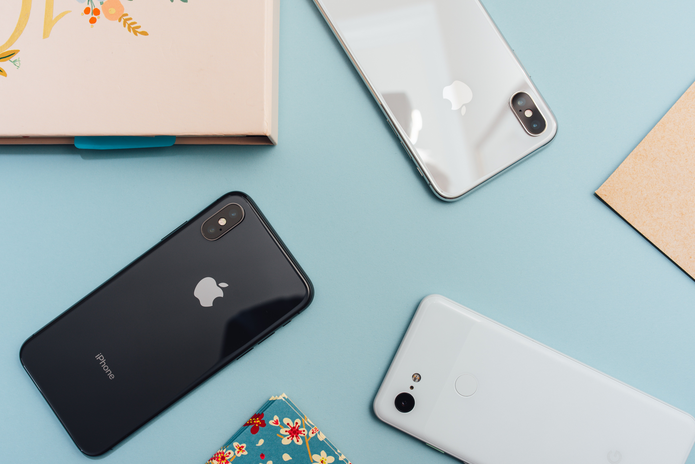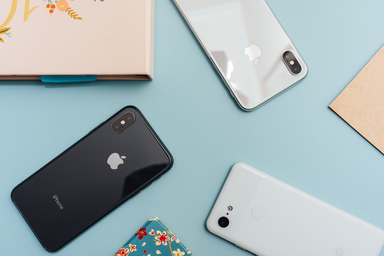As women, we go through harassment even before we can recognize that it is harassment.
I remember being around 12 years old the first time a grown man made a comment about my “womanly body” or being 16 and having another grown man follow my friend and I around the city while talking about our bodies in a grotesque manner. I also remember getting followed around and whistled at by a group of men. I went to the police station because I didn’t know what else to do and the officer said, “Well, do you see how you’re dressed? They probably thought you were older.” I was 10. I could also tell you about how three guys tried to drag my friends and I back to their apartment during a party because they thought we were intoxicated.
These are just some of my stories, but there are many women and men out there who have their own stories to be told. Sexual assault and harassment is a problem; it has always been a problem and it has always been looked at as people overreacting. After the Harvey Weinstein story broke, many people started sharing their stories about him and about other instances of harassment.
Actress Alyssa Milano started the “#MeToo” hashtag to show how widespread the issue of sexual assault is. The hashtag that began on October 15 was already tweeted more than 200,000 times as of October 16 and is still gaining shares on other social media platforms. Actor Terry Crews tweeted about his own assault to prove that it can happen to anyone. It’s not easy for anyone to speak out, but it’s exceptionally not easy for men to speak out. Especially men seen as the “epitome of masculinity.”
Some are saying that a hashtag shouldn’t be needed to prove that this is an issue, which I agree, but I also understand that the use of social media to talk about a subject such as this is important to help those affected not feel alone. It can open eyes to this growing problem and set the stage for a conversation. This is one conversation that needs to be had and can not be silenced anymore. According to rainn.org, every 98 seconds someone is sexually assaulted. 17,700,000 documented women have been victims of rape since 1998. 64% of trans people will experience sexual assault in their lifetime and trans people of color are 1.8 times more likely to experience sexual assault. 3% of men will be the victims of rape in their lifetime and 2,780,000 men have reported sexual assault since 1998. To get a rape kit tested in the U.S., it costs between $400-$1,500. Where a survivor should never have to pay for their own kit, many states have loopholes that force the victim to do so.
These are only some of the statistics and you can look up more on rainn.org for more information. It’s time to fight this issue head on, not just so women can feel safe, but so that human beings, no matter their race, religion, sexual identity, or gender have to live in fear or be victim blamed. We shouldn’t have to be reminded to walk in packs or carry pepper spray with us. We shouldn’t have to make products that test your drink for drugs. We shouldn’t have to be on guard at all times, but we do. It’s time to make this an everyone issue and not just a feminist issue. If you have been affected by sexual assault or know someone who has, the National Sexual Assault Hotline is here for you 24/7 at 800-656-HOPE.


